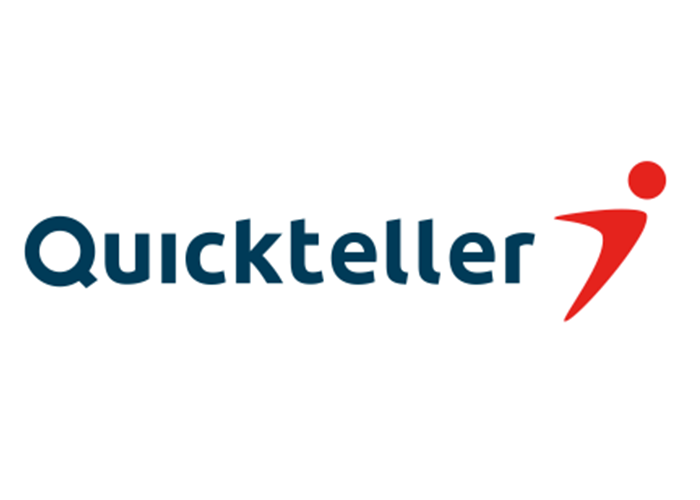Eric Danetz, President of Cognitiv, the solution lies not in finding a single replacement, but in leveraging artificial intelligence to fuse diverse data sources for real-time, adaptive campaigns.The advertising industry is grappling with the deprecation of third-party cookies and the demand for greater performance.
Danetz, speaking at Brandweek 2025 , detailed his company’s evolution from a deep learning advertising platform founded in 2015 to a pioneer in contextual AI. He explained that Cognitiv’s early work used first-party data as the “fuel” for its algorithms to target specific key performance indicators like customer lifetime value.
“We were doing AI literally a decade ago in order to better understand the user journey,” Danetz said. However, anticipating the limitations of relying solely on first-party data, the company made a strategic pivot.
The key to this evolution was a partnership with OpenAI and the development of their own tool, ContextGPT. This move allowed Cognitiv to tap into the powerful signals hidden within contextual environments—the content a user is actively engaging with.
“We went from lower funnel and high performance… to moving to mid funnel and upper funnel leveraging context,” Danetz shared. “The combination of that is very, very powerful.”
This approach enables a more holistic view of the customer journey, allowing campaigns to be optimized across all stages of the marketing funnel, from brand awareness to direct response.
ALSO READ:MARKETINGWORLD MAGAZINE’S CMO OF THE WEEK:DOREEN NYIRAMUGISHA OF HOUSING FINANCE BANK
A central benefit of this AI-driven model, Danetz emphasized, is the move away from static, linear insights. Instead, the system operates in a continuous loop of learning and activation.
“It’s actually a longer process for which we’re working together, and we’re looking to garner insights and then leverage those insights in real time,” he said.
This means a campaign can dynamically pivot based on what is or isn’t working. “The right creative, the right environments, the right demographic …. all of these things are now being surfaced in real time, when, historically, that wasn’t the case,” Danetz explained.
While the AI model is powerful, Danetz was clear that its effectiveness is entirely dependent on the quality of the data it processes. He described a simple but critical equation: “AI is the machine, data is the fuel.”
He stressed that the industry is increasingly recognizing the stark difference in outcomes driven by high-quality, relevant data versus inferior sources. Understanding the realistic outcomes from any given dataset is a crucial part of the process.
Concluding his remarks, Danetz issued a call to action for the industry to embrace a hands-on approach with the new technology. “Everybody in this room and otherwise should take that next step and feel comfortable digging in and seeing what you can be doing,” he said. “That creates more efficiency, more accuracy—a better, fluid process.”














